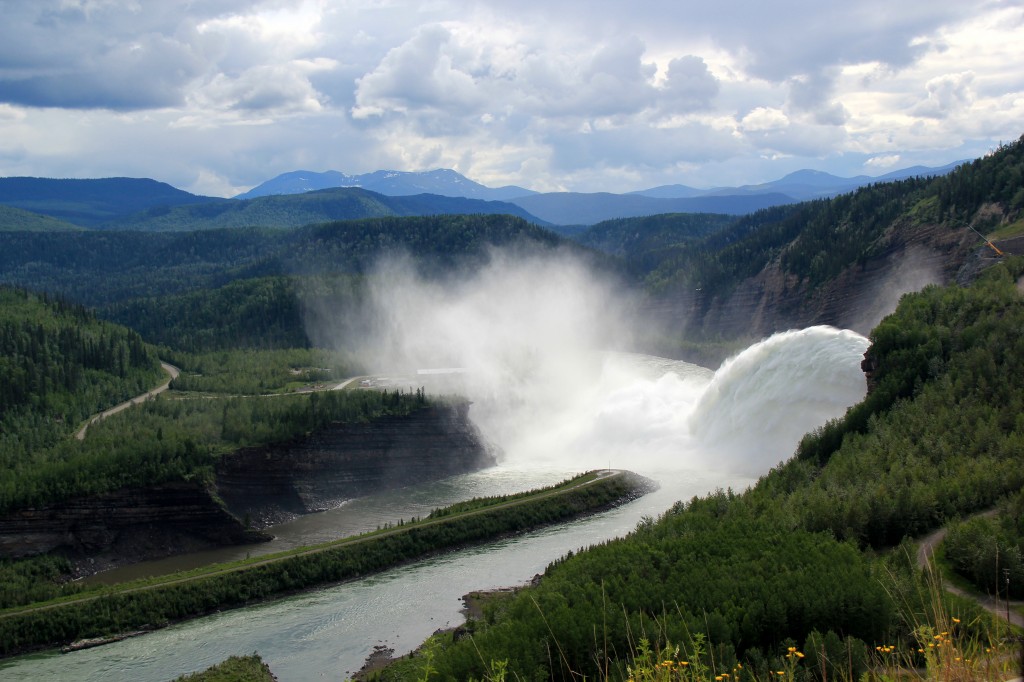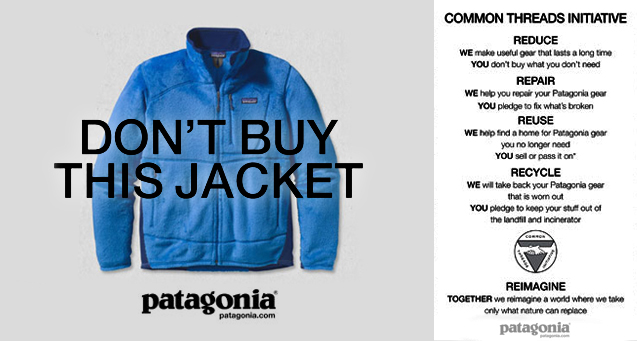BC Hydro’s $8 billion Site C hydroelectric megaproject is a 1,100-megwatt hydroelectric generating station, which BC Hydro has proposed they build in northeastern British Columbia on the Peace River. This proposed area is home to many First Nations who are concerned about the impact that the 83 kilometers of flooding would cause to the farmland and wildlife of the area. Next week, a few BC First Nation chiefs are making their way to Ottawa to voice their disapproval of the project to Stephen Harper.
Both of the First Nations communities that would be affected by the dam have said that they would not oppose smaller wind, solar or geothermal powered projects in the area. However if Harper approves Site C, First Nation Chief Roland Wilson has stated that many aboriginal groups will challenge the project in the Federal Court of Canada.
This disagreement over the use of aboriginal land is not a first in British Columbia’s history, and will likely not be the last. I think it is important that we take the concerns of the First Nations seriously, and think about the effects that our decisions have on everyone. Many projects such as Site C are proposed for areas containing an abundance of wildlife that are easily destroyed. I believe that companies should not propose projects such as this to be developed in areas where the environment feels their impacts greatly, and that companies begin to look into greener, environmentally friendly innovative projects.
Sources:
http://www.vancouversun.com/news/First+Nation+chiefs+stage+Site+showdown/10215965/story.html

